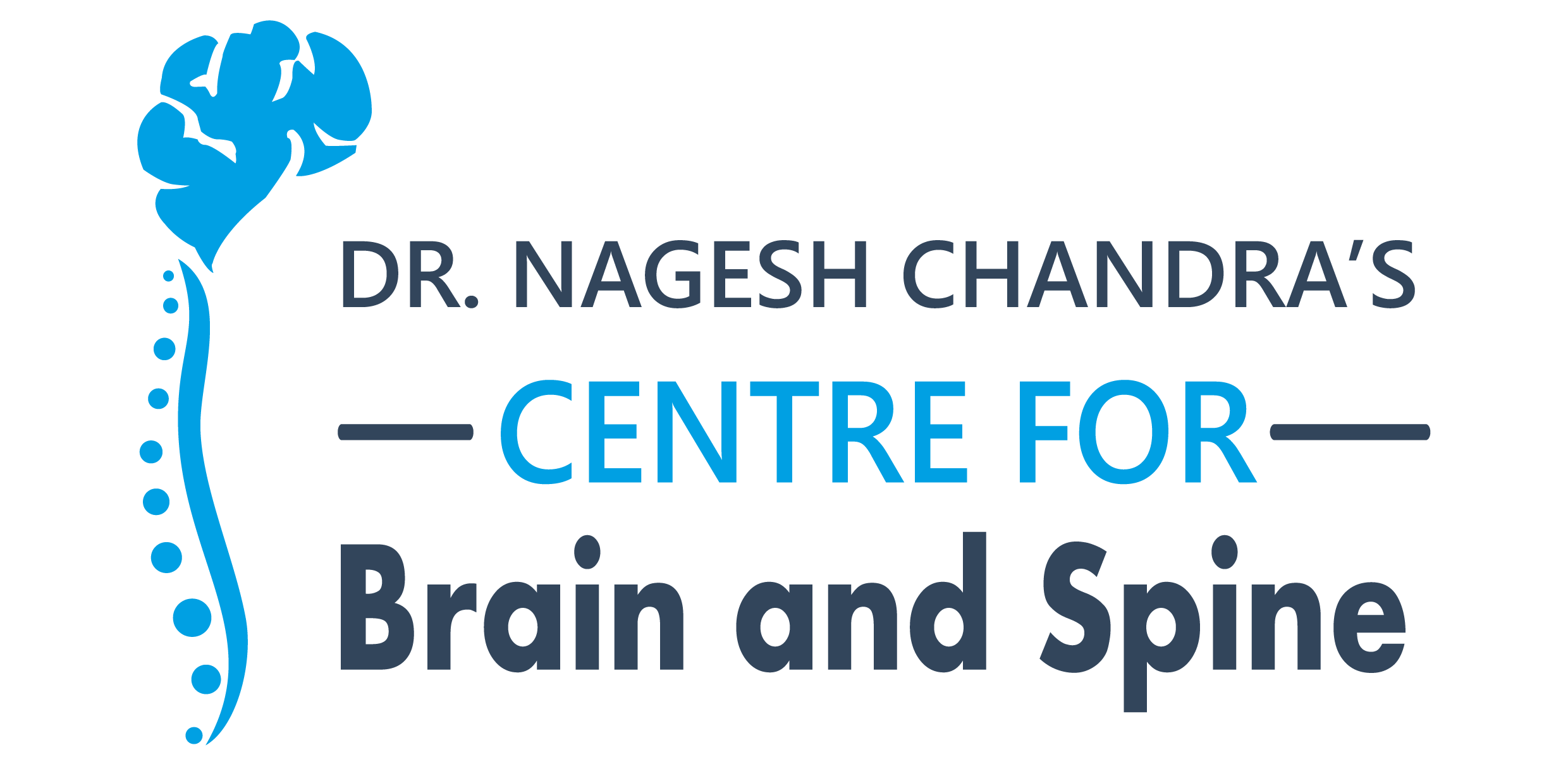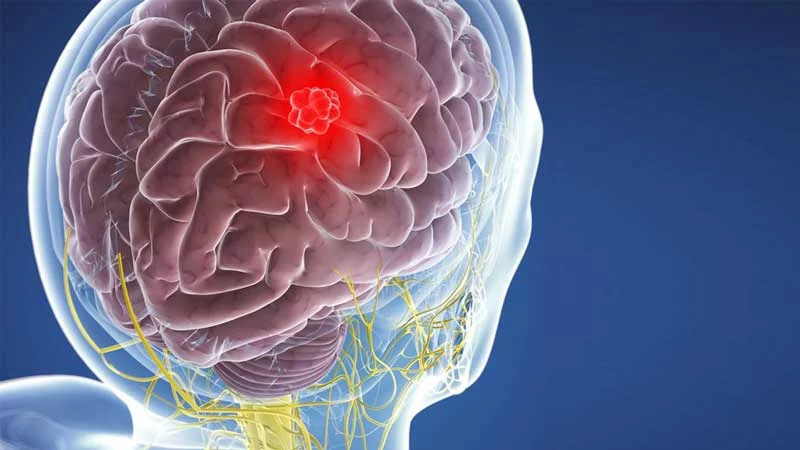Meningiomas are a type of brain tumor that can have an enormous effect even if they are not as common as others. These tumors grow in the meninges, the layers surrounding and protecting your brain.
Brain specialist attempt to put together the cause of these tumors. Though it’s not simple, Neurosurgeons try to find the best solutions to these complex problems. Learn all about meningioma brain tumor – meaning, causes, symptoms and treatment as per the top neurosurgeon in Dwarka.
What is a meningioma brain tumor?
A meningioma is a tumor that develops in the layers of tissue covering the brain and spinal cord, known as the meninges. It is the most prevalent kind of primary brain tumor. Higher-grade meningiomas are uncommon, nevertheless.
The arachnoid, or intermediate layer of the meninges is where meningiomas emerge. They may go years without being noticed because of their slow development. A meningioma is a type of brain tumor that is discovered unintentionally during an MRI scan of the head or spinal cord.
Types of meningioma
According to Dr. Nagesh, one of the well-known neurosurgeon in Delhi, types of meningioma are identified by their grade, type and location. Let’s get an overview of these classifications.
Grade
- Grade 1: The most prevalent type of meningioma is grade 1, a low-grade tumor in which tumor cells develop slowly.
- Grade 2: Grade 2 meningiomas are atypical, which means they are neither malignant (cancerous) nor benign (non-cancerous) but can become malignant at some time.
- Grade 3: Grade 3 meningiomas are malignant, which means they have more cellular abnormalities and develop quicker than benign or atypical meningiomas.
Cell type
Meningiomas are classified into 15 types based on their cell type when observed under a microscope.
Location of Meningioma
Meningioma tumors can be found either in the brain or skull base. For example, Convexity meningiomas typically develop on the surface of the brain’s frontal cortex. Almost 20% of meningiomas fall into this group. You may encounter seizures, headaches, visual abnormalities, and neurological damage.
Symptoms of a meningioma tumor
Meningioma symptoms typically start slowly. At first, they could be hard to spot. The symptoms may include:
- Blurring or change in vision
- Headaches (worse during mornings)
- Ringing in the ears or hearing loss
- Loss of smell
- Loss of memory
- Weakness in arms and legs
- Seizures
- Speech trouble.
Medical test for Meningioma
A meningioma might be hard to identify since the tumor is slowly developing. Meningioma symptoms might be subtle and mistaken for other medical problems or signs of ageing.
Your local doctors may recommend you to a neurologist. A neurologist performs some tests known as CT scans and MRI.
- CT scan: CT scans take X-rays and provide cross-sectional pictures of the whole brain. To improve the readability of the image, an iodine-based dye is applied.
- MRI: This imaging technique uses a magnetic field and radio waves to obtain cross-sectional pictures of brain regions. MRI scans produce a more detailed image of the brain and meningiomas.
What is the cause of this brain tumor?
The exact cause of a meningioma is unknown. However, many conditions affect the human body and cause meningioma. Listed below are some of the conditions:
- Radiation exposure: The only environmental risk factor is radiation exposure, particularly during childhood. It covers radiation therapy for various health-related concerns as well as unintentional exposure.
- Female hormones: Women are approximately three times as likely than males to have meningiomas, possibly due to hormonal differences. Research has suggested a hormonal connection between meningioma risk and breast cancer.
- Genetic condition: People who have a genetic disorder called neurofibromatosis type 2 are more likely to develop meningiomas.
- Age: People in their 70s and 80s have the highest prevalence of tumors.
Consult Neurosurgeon for Brain tumor treatment in Delhi
If your family doctor identifies meningioma, they will refer you to a neurologist. A neurologist or neurosurgeon will diagnose a meningioma using a neurological exam and imaging testing, such as a CT scan.
A neurosurgeon may remove the tumor by inserting small instruments via the nose and sinuses and into the skull base. A neurosurgeon may utilise radiation on tiny tumor remains.
Brain Tumor treatment in Dwarka, Delhi
Treating brain and spinal cord tumors can be difficult. Surgery is the most usual form of therapy. But, it might be challenging if the tumor is close to a sensitive area of the brain or spinal cord. Other treatments include:
- Active surveillance: This method is also known as watch-and-wait. Active surveillance monitors the tumor, and active therapy begins if symptoms or issues arise. This method is ideal for elderly patients or those in whom the tumor was accidentally detected and is not producing symptoms.
- Surgery: Surgery is the removal of a tumor and some healthy tissue during an operation. It is the most often used therapy for meningiomas. It is frequently the only treatment required for a patient with a noncancerous tumor that may be removed during surgery.
- Radiation therapy: Radiation therapy involves high-energy X-ray usage or other particles to kill tumor cells. A radiation oncologist provides radiation treatment to patients with tumors. Doctors may offer radiation therapy in conjunction with surgery to inhibit the development of an aggressive tumor.
It is advisable to get regular health check-ups done to detect and cure any underlying disease. If you’re diagnosed with meningioma talk to your brain doctor and enquire about meningioma and its treatments. Consume a diet high in fruits and vegetables. Get enough sleep to feel refreshed. Visit an experienced neurosurgeon to get an overall evaluation of your health condition.
Reduce the tension in your life. Focus on what is important to you. These treatments will help you feel better while recovering from surgery or coping with tumoe.

